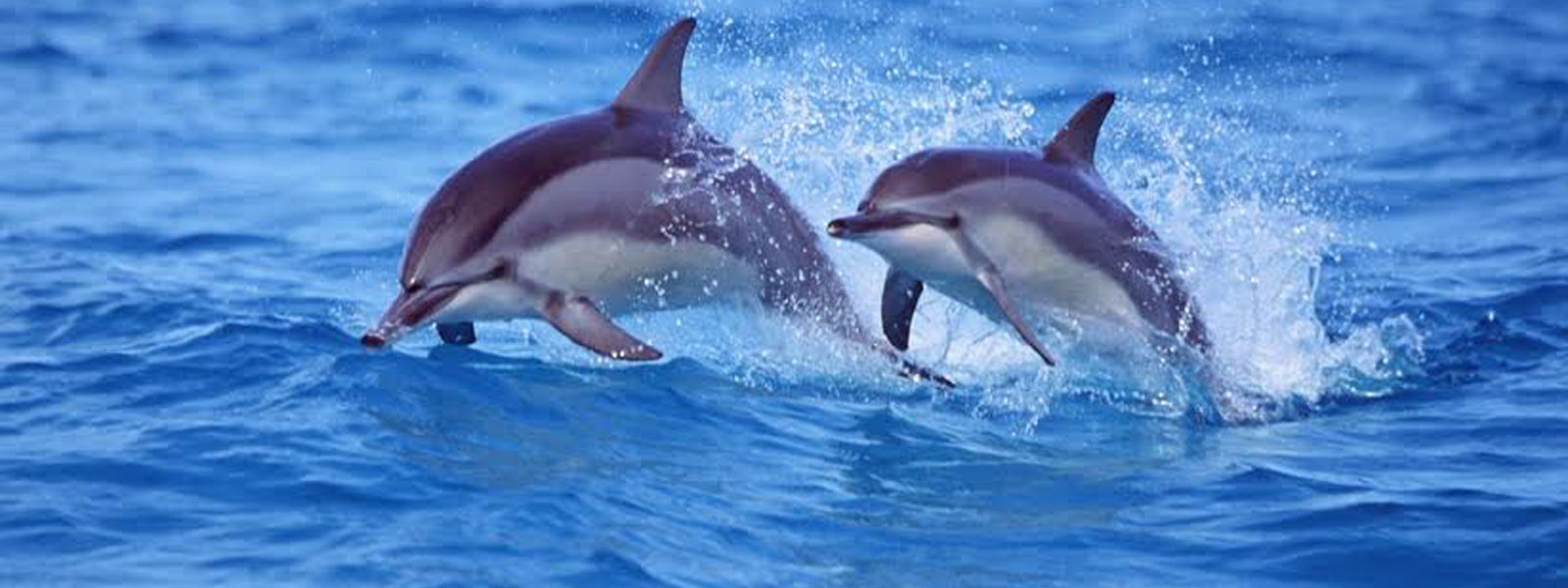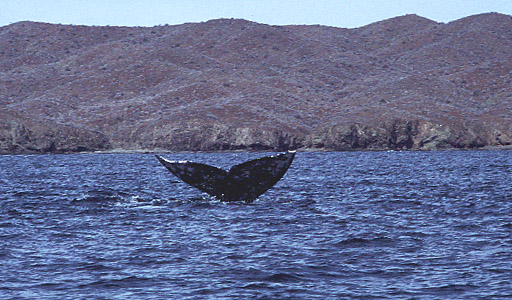

Something is definitely wrong when your government is called out by one of the most severe dictatorships in the world. But that has now happened for the government of Japan, criticized soundly by North Korea for its illegal whaling activities.
Since the International Whaling Commission (IWC) put the whaling moratorium into effect for the 1987/88 Antarctic season, Japan has issued itself scientific permits to hunt whales. But the meat is processed in the same way as their commercial whaling operations from the past and sold in Japan markets.
The government of Australia, joined by New Zealand, brought Japan’s “scientific” whaling before the International Court of Justice in the Hague (ICJ). The ICJ ruled in 2014 that Japan’s scientific whaling was bogus, as environmentalists had claimed for decades.
But Japan did not wait long to take action to renew whaling. The fleet sailed at the end of 2014 for whale research involving nonlethal methods, but the government proposed to return to Antarctica in 2015-16 season with a kill quota about one third of the pre-ICJ ruling quota.
Then in October 2015, Japan notified United Nations Secretary-General Ban Ki-Moon in a demarche that claims the International Court of Justice's jurisdiction "does not apply to ... any dispute arising out of, concerning, or relating to research on, or conservation, management or exploitation of, living resources of the sea." Other nations have carved out similar exceptions to the ICJ jurisdiction to protect special interests in the past.
Japan’s Antarctic fleet is sailing December 1st, so the killing should commence shortly (it takes several weeks for the fleet to sail from Japan to Antarctica). But Japan’s actions did not go unchallenged.
An Australian court has fined the Japanese company behind the whaling, Kyodo Senpaku, $1 million (Australian $) for contempt of court. “I am satisfied beyond a reasonable doubt that the actions of Kyodo fall within the category at least of willful contempt. That is, there is no possible basis upon which an inference could be drawn that the breaches of the 2008 injunctions were casual, accidental and unintentional,” stated Judge Jayne Jagot. The Japanese whaling company has not appeared in any of the Australian legal proceedings.
The Sea Shepherd Conservation Society in Australia also challenged Japan’s actions, calling on the government of Australia to send vessels to Antarctica to intervene.
But the most interesting criticism came from the government of North Korea. Long antagonistic against Japan, it was nonetheless a surprise that the Korean government would bring up the whaling issue.
Sounding like an environmental organization, the North Korean government made a statement condemning Japan’s whaling as a “criminal act.”
The official state newspaper Rodong Sinmun denounced Japan's heavily subsidized whaling industry in an article published with the headline: "The black-hearted intentions of the whale hunter."
"While ignoring the strong condemnations of the international community, and solely for the pursuit of profits, Japan's reckless act of pursuing whale-hunting is a criminal act that is depleting the Earth's precious whale stock," the article stated.
Japan’s whaling is only hurting itself for a dubious stake in Antarctic fisheries resources. Japan’s government is failing the people of Japan and the world by this constant emphasis on whaling no matter what the cost.
See also: “In Killing Whales and Dolphins, Japan Is Only Hurting Itself”
Consider a donation to Earth Island’s international efforts to protect whales and dolphins. We are planning to bring out ECO, the daily newsletter that is the voice of the whales. at the next meeting of the International Whaling Commission in Slovenia. We need funds for transportation and printing costs of ECO. We also need funding for our Save Japan Dolphins Campaign. Can you help with a year-end donation to our work for whales and dolphins?
